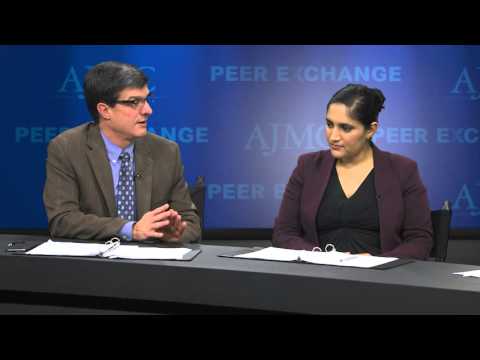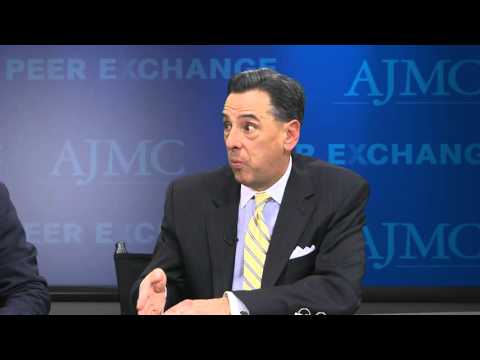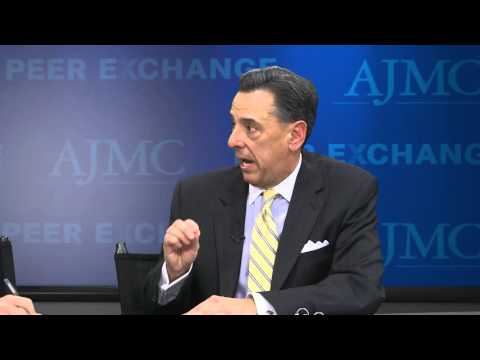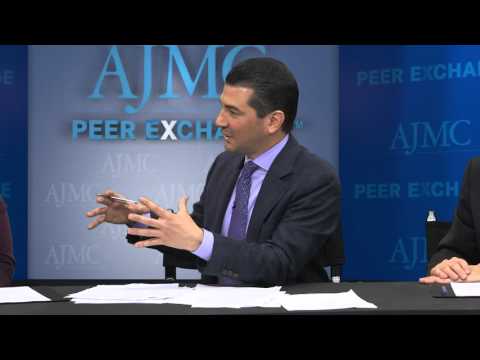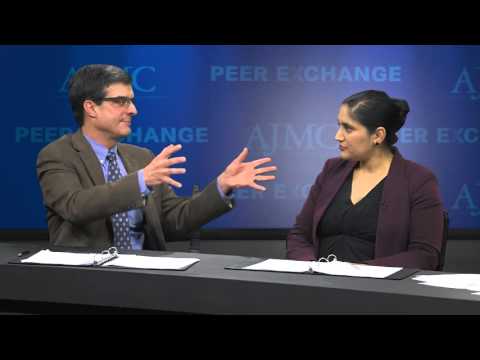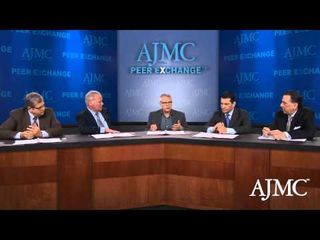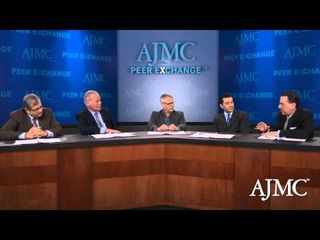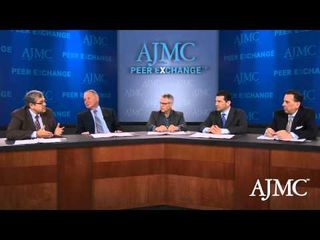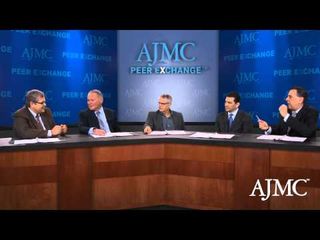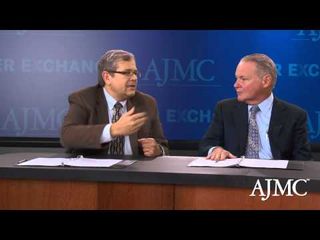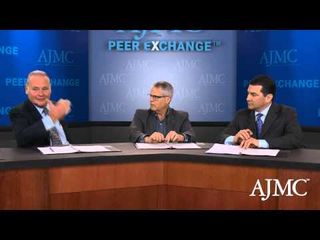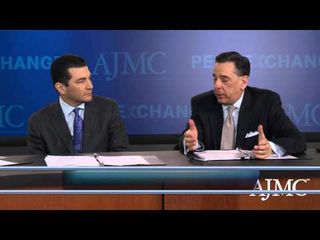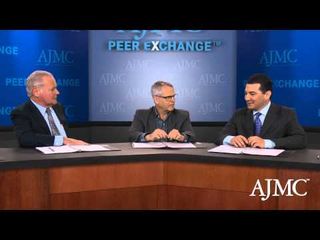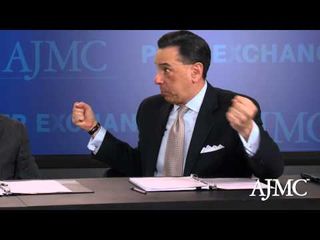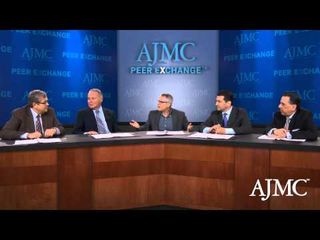
Oncology
Latest News
Latest Videos

CME Content
More News
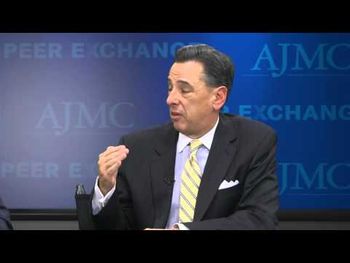
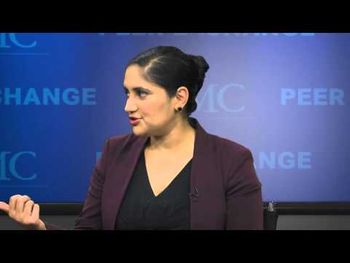
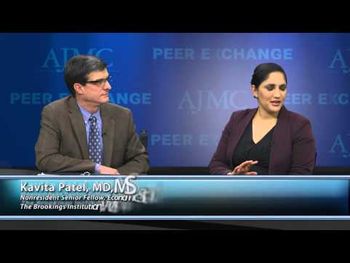
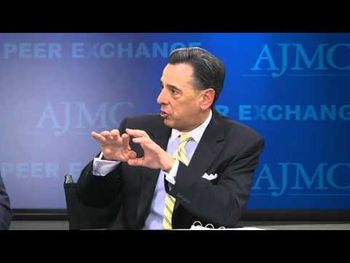
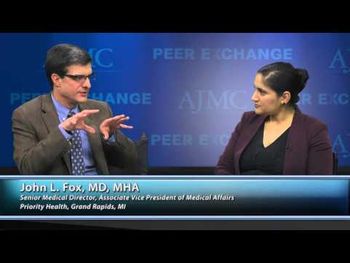
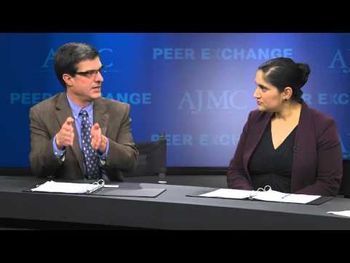

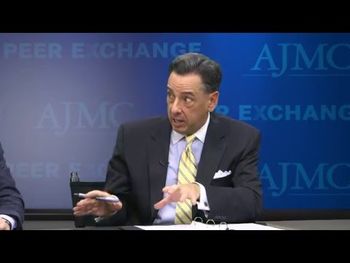
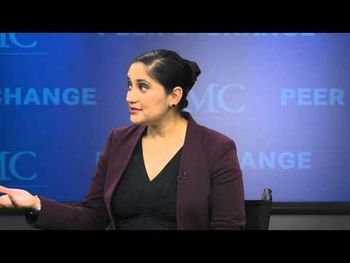
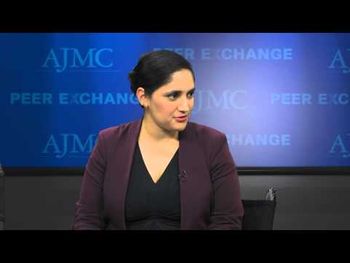
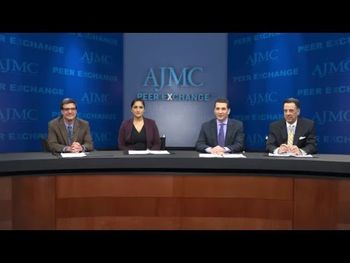

A literature review by researchers at the Abramson Cancer Center has identified a potential use of the cell cycle inhibitor palbociclib in a variety of cancers.

Studies that provided updates on new drug trials, sessions on value-based care, and the cost of healthcare, were most popular among readers of The American Journal of Managed Care.

After having launched a palliative care program in 2014, Cambia Health Solutions is now looking for ways to improve patient access to these tools that can improve a patient's quality of life.

One of the biggest stories of 2015 has been the cost of cancer drugs, which create vexing questions for payers and policymakers, as well as doctors and families. The tough choices being made today are the theme of the latest special issue of Evidence-Based Oncology, a publication of The American Journal of Managed Care.

Patient awareness and educational support can improve their attitude as well as prepare them to make better informed decisions on clinical trial participation, a new study has found.

Moffitt Cancer Center said there's nothing wrong with the drug, but a spokesman said the trial is halted for now pending the outcome of the investigation.

A new study published by the American Cancer Society found that younger colorectal cancer survivors end up spending over $8500 annually in medical expenses and they also experience significantly greater loss of productivity compared with individuals without cancer.

This week The American Journal of Managed Care offers a special episode of highlights from the American Society of Hematology's annual meeting, including sessions on newly approved treatments, how the move to pay-for-performance affects hematologists, and the increasing role of patient-reported outcomes.

Top 10 videos from The American Journal of Managed Care's Summit and Insight programs.

Although rivaroxaban was approved by the FDA in 2012, there has remained a knowledge gap about how it works with cancer patients. A recent study found that the therapy is safe and effective when used among patients with cancer.

The statement from the obstetricians and gynecologists said that there aren't enough certified genetic counselors to meet demand. In a statement, the groups said this will limit access to care if patients must wait for assistance before ordering tests.

The most read articles in The American Journal of Managed Care's Evidence-Based Oncology ranged from personal narratives to healthcare policy issues that impact the broader population.

This week in managed care, Martin Shkreli, CEO of Turing Pharmaceuticals was arrested on charges of fraud; new research find that drug costs continue to take up a larger share of healthcare spending; and 3 healthcare experts take a look at how to fix the 340B drug pricing program.

Pembrolizumab has been approved as first-line treatment for patients with unresectable or metastatic melanoma.
